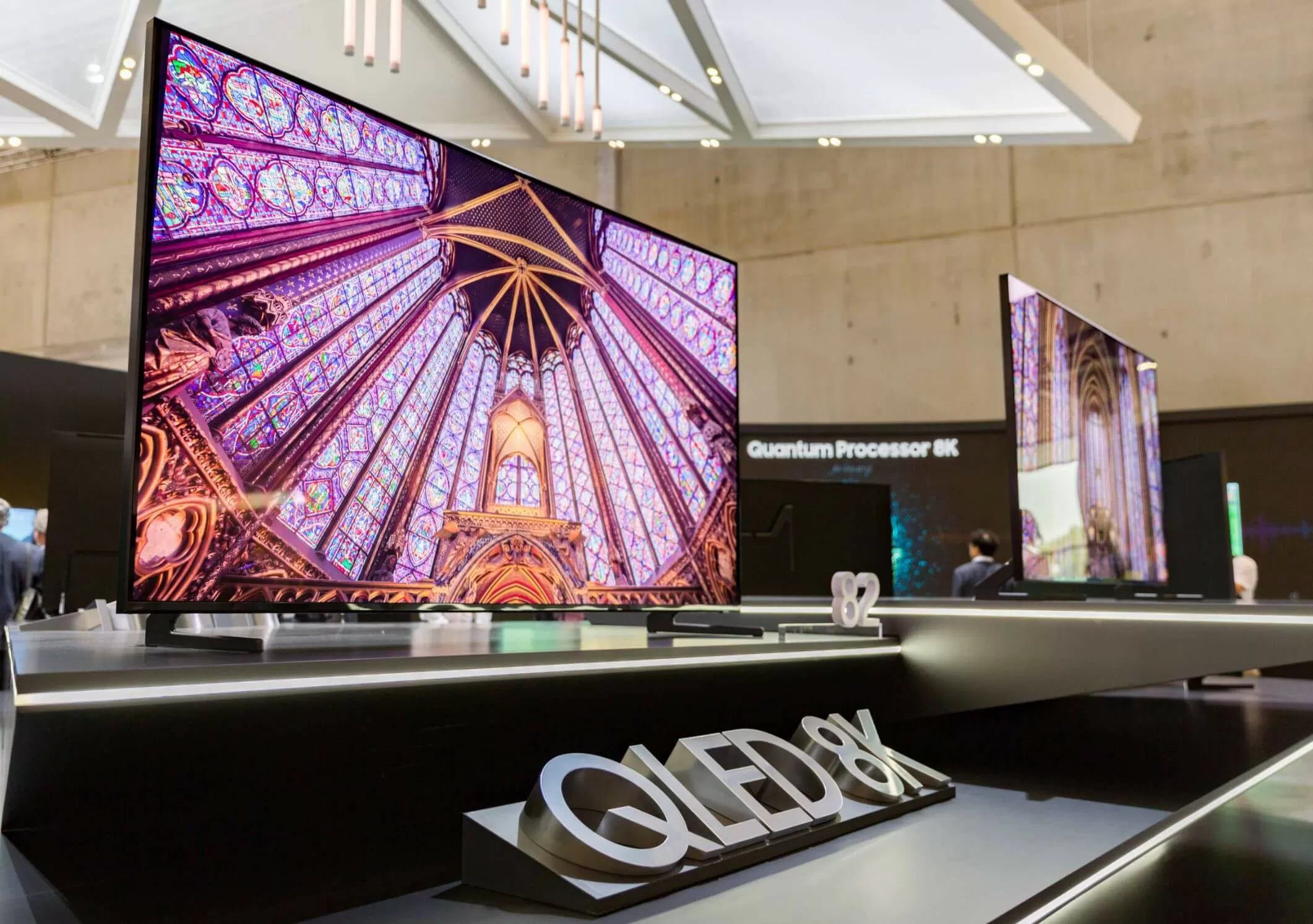In brief: With the global chip shortage showing no signs of abating, the next product impacted could be smart TVs. Samsung, whose televisions make up 20% of the market, has warned that if the situation doesn’t improve, it “may not be possible to produce” the devices.

While most of us know the detrimental effect the chip shortage is having on PC hardware/accessories, phones, game consoles, etc., it has also impacted production within industries such as vehicles and home electronic goods, including smart TVs.
Speaking to reporters in South Korea, the head of Samsung Electronics’ visual display business, Han Jong-hee, warned that “the industry in general is facing a severe supply shortage,” and that if the issues continue, the company “may not be able to produce TVs.”
“We are doing all we can to prevent problems,” the exec added.
Sources claim that Han recently visited Taiwan to meet local chipmakers MediaTek and Novatek, which produce components such as driver integrated circuits for Samsung TVs. He said that the company’s supply is secure for at least this year, but with reports that the situation won't be resolved until 2023, the Korean giant might be sweating.

Top of most people's "First thing I'll buy after winning the lottery" list
Despite the shortage concerns, Han said production for Samsung’s 146-inch Micro LED TV was in full operation. The production line will expand once the 110-inch version (above) revealed in December launches. The television will also be available in 70-inch and 80-inch sizes.
Samsung held almost 20% of the smart TV market last year, ahead of second place LG (12.2%), while its revenue share was close to 31%.
https://www.techspot.com/news/89442-samsung-warns-ongoing-chip-shortage-could-impact-production.html